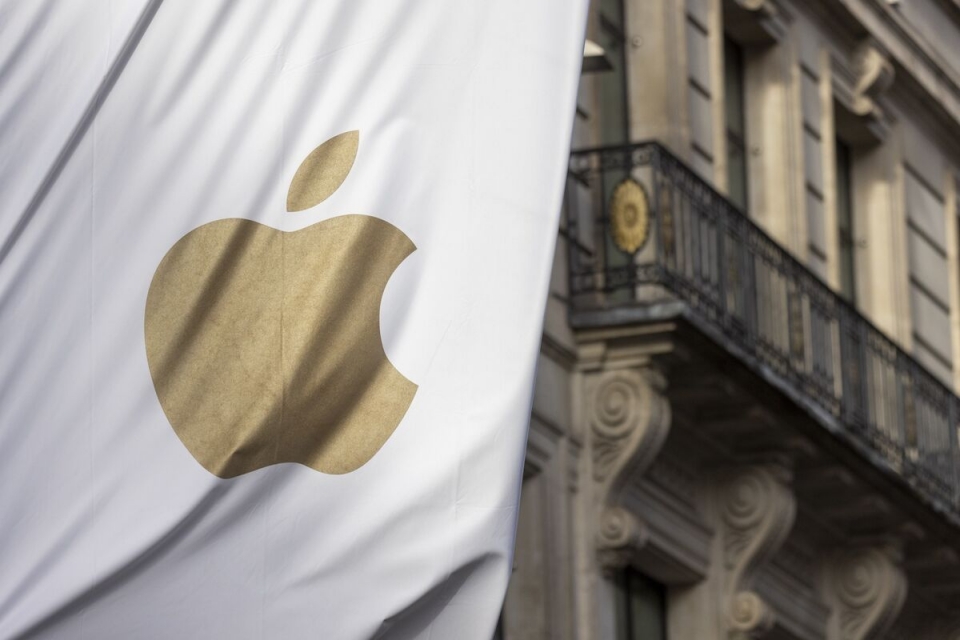
In a groundbreaking development for the Brazilian space industry, President Luiz Inácio Lula da Silva's administration has secured significant advancements that promise to invigorate the nation's space exploration and technology initiatives. This boost comes at a crucial time as Lula faces considerable political turbulence back home, following the recent congressional elections. However, the promise of economic growth and international partnerships in space technology appears to offer a lifeline to his government.
During a recent announcement, the Brazilian government unveiled plans to enhance the capabilities of its space agency, Agência Espacial Brasileira (AEB). This initiative aims to bolster Brazil's role as a key player in the global space race, especially in emerging sectors such as satellite deployment and space research. The government is set to allocate increased funding and resources to AEB, focusing on the development of navigation satellites and Earth observation technologies. These advancements are expected to have far-reaching benefits, not only for scientific research but also for economic growth and sustainable development in Brazil.
The renewed focus on space technology aligns with Brazil's aspirations to become a significant player in international space collaborations. Lula emphasized the importance of such partnerships, particularly in light of Brazil's potential contributions to global space initiatives. By strengthening its space infrastructure, Brazil aims to attract foreign investment and expertise, as well as create opportunities for domestic companies engaged in aerospace technology.
Supporters of Lula's policies view this initiative as a critical opportunity to leverage Brazil's geographical advantages, which include vast expanses of land ideal for launching satellites into orbit. Additionally, Brazil's favorable location near the equator provides considerable advantages for launching spacecraft, making it an attractive destination for international space agencies and private companies alike.
However, the endeavor is not without its challenges. Lula's administration is currently navigating a complex political landscape, with opposition parties expressing skepticism regarding the allocation of resources to space programs at a time when other social issues demand attention. Critics argue that the government should prioritize education, healthcare, and economic stability over ambitious space projects. Nevertheless, Lula remains committed to the vision of a tech-driven future for Brazil, asserting that investments in science and technology can lead to long-term socio-economic benefits for the nation.
As the Brazilian space industry gears up for this transformative phase, it is clear that Lula's government is betting on the stars to navigate its way through turbulent political waters. By fostering innovation and international cooperation in the realm of space technology, Brazil is poised to not only enhance its global standing but also to stimulate economic growth and social progress across the country.
#BrazilSpace #LulaDaSilva #AEB #SpaceTechnology #EconomicGrowth #Satellite #Innovation #InternationalPartnerships #SpaceExploration
Author: Emily Collins




